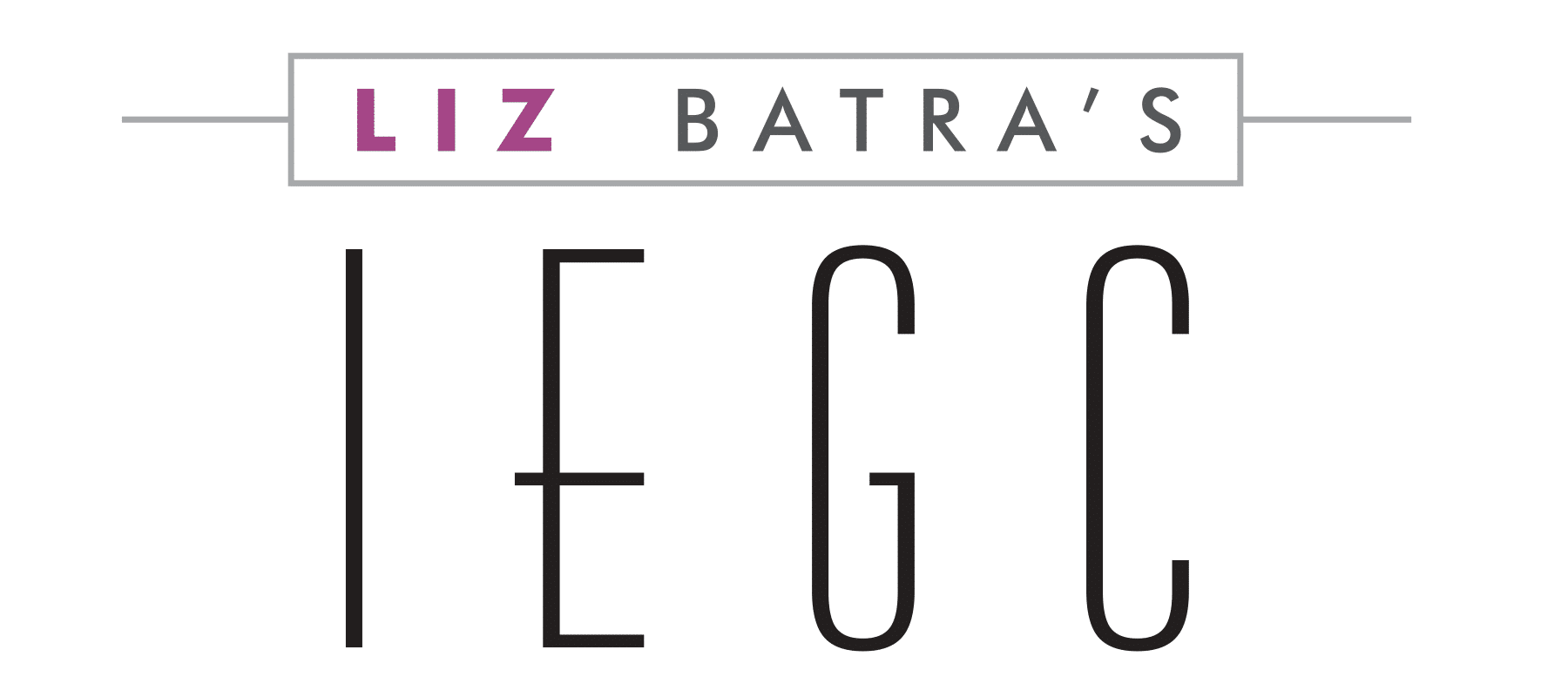
Embarking on an educational journey in New Zealand is an exciting prospect, offering world-class education amidst stunning landscapes. However, understanding the financial and lifestyle aspects is crucial. Let’s delve into the costs, job opportunities, and what life is like for international students in New Zealand.
Cost of Living in New Zealand for International Students
The cost of living in New Zealand varies based on location, lifestyle, and personal preferences. Here’s a breakdown to help you plan:
1. Accommodation
- Student Residence Halls: Approximately NZD 215–555 per week, depending on the city and type of accommodation.
- Shared Flats: Around NZD 120–250 per week, with utilities typically shared among flatmates.
- Private Rentals: Between NZD 180–400 per week, varying by location and property quality.
2. Food & Groceries
- Groceries: You should budget at least NZD 80–120 per week to cover basic grocery costs.
- Dining Out: Casual meals cost NZD 15–25, while dining at mid-range restaurants can be NZD 40–60 per meal.
3. Transportation
- Public Transport: Depending on how far you live from your place of study, public transport costs can be up to NZD 37 per week.
- Cycling: An economical and popular option among students.
- Driving: Fuel costs approximately NZD 2.80 per litre, and car insurance is essential.
4. Utilities & Internet
- Utilities (Electricity, Water): If you’re living in a private house, electricity costs will be around NZD 200–300 per month.
- Internet: The average price for unlimited Wi-Fi for a shared flat is NZD 90 per month.
5. Miscellaneous Expenses
- Mobile Phone Plans: Choose from monthly account plans or pre-paid plans for mobile phones for about NZD 19.
- Entertainment: The University of Auckland suggests budgeting NZD 55 per week for entertainment.
- Health Insurance: The average cost for medical insurance ranges between NZD 200–700 per year.
Estimated Monthly Total: NZD 2,000–2,500, excluding tuition fees.
Job Opportunities for International Students
Working while studying can help manage expenses and provide valuable experience. Here’s what you need to know:
1. Part-Time Work
International students are permitted to work:
- During Academic Terms: Up to 20 hours per week.
- During Scheduled Breaks: Full-time employment is allowed.
Common part-time jobs include roles in retail, hospitality, customer service, and tutoring. The minimum wage in New Zealand is NZD 23.15 per hour as of April 2024, and it’s subject to annual reviews.
2. Post-Study Work Opportunities
After completing your studies, you may be eligible for a Post-Study Work Visa, allowing you to work in New Zealand for up to three years, depending on your qualifications. This period can be a pathway to permanent residency, especially if you secure employment in sectors listed on New Zealand’s Green List, which highlights industries with skill shortages.
Life as an International Student in New Zealand
Beyond academics and finances, New Zealand offers a rich cultural and social experience:
1. Safety and Inclusivity
New Zealand is renowned for its low crime rates and welcoming communities, making it a safe and inclusive environment for international students.
2. Scholarships and Financial Support
Various scholarships are available to international students, such as the Manaaki New Zealand Scholarships and the New Zealand Excellence Awards (NZEA), which can significantly reduce financial burdens.
3. Cultural and Recreational Activities
From exploring breathtaking landscapes to participating in cultural festivals, there’s always something to do. Engaging in these activities enriches your experience and helps you integrate into the community.
Studying in New Zealand offers a blend of quality education, work opportunities, and a vibrant lifestyle. Proper planning and budgeting are essential to make the most of your experience.
For personalised guidance on courses, visas, scholarships, or work opportunities, consider reaching out to Liz Batra’s IEGC—your expert New Zealand education consultant.
Ready to embark on your New Zealand journey? Contact Liz Batra’s IEGC today and turn your study abroad dreams into reality!
Sources:
https://www.employment.govt.nz/pay-and-hours/pay-and-wages/minimum-wage/minimum-wage-rates-and-types
https://fly.homes/blog/budgeting/new-zealand-cost-of-living-vs-usa
https://www.acadfly.com/blogs/student-part-time-jobs-new-zealand-2025
https://fly.homes/blog/law-regulations/student-working-hours-in-new-zealand
https://www.instarem.com/blog/highest-paying-part-time-jobs-in-new-zealand
